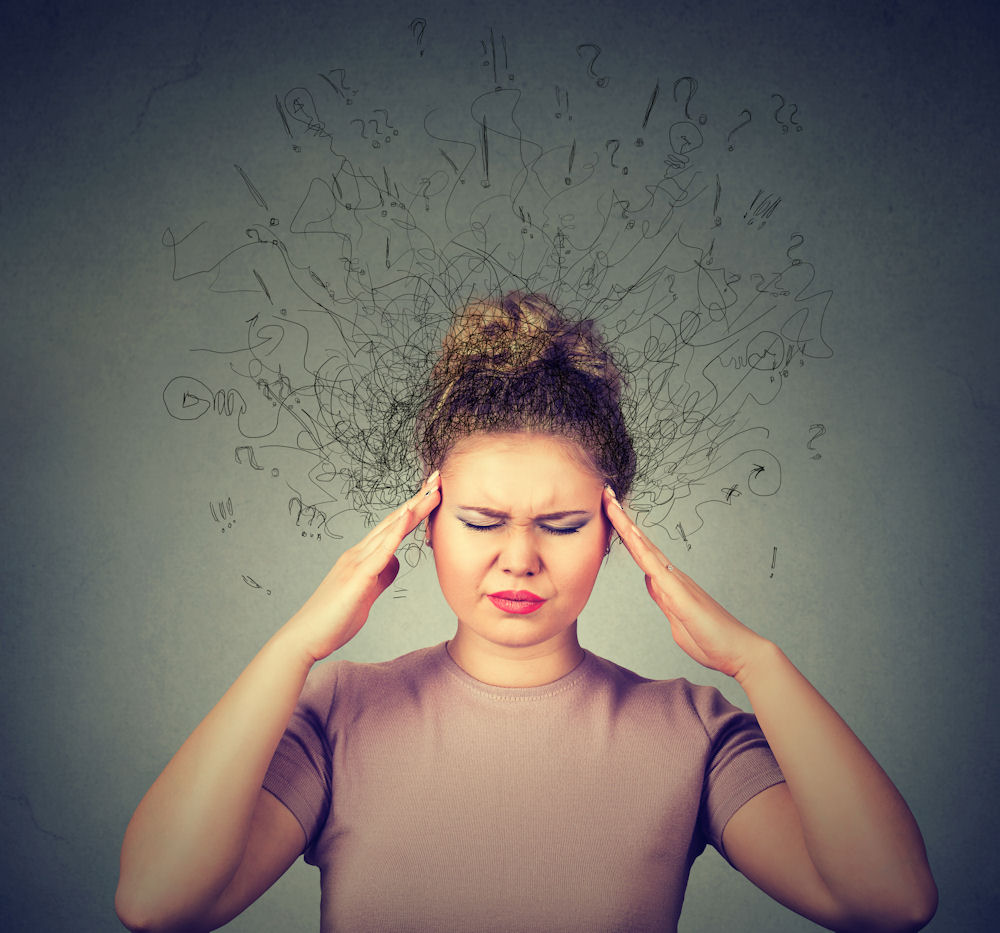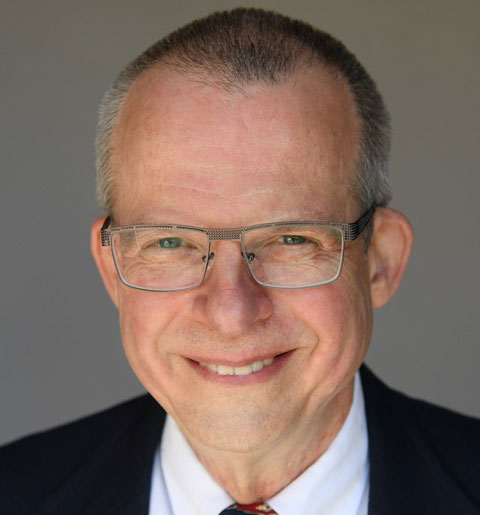Quiz: Am I an Addict?
With a global surge in addictive behaviors, understanding addiction has never been more pertinent. If you’ve ever stopped to ponder, “Am I an addict?”, it’s vital to grasp the underlying causes and recognize the signs. By acquiring knowledge, you empower yourself to take the necessary steps toward recovery or, at best, prevention.
Jump to our quiz if you’re interested in learning what our private self-screening questions determine regarding your addiction-related behaviors.

Quiz: “Am I An Addict?” Assessing Substance Use and Dependence
Understanding our relationship with substances is crucial to our overall well-being. This quiz is designed to help gauge your relationship with substances. While this assessment is informative, it’s essential to remember it doesn’t replace professional advice. If you’re concerned about your substance use, seek professional help immediately.
Instructions: Read each question carefully and select the response that best describes your current situation.
"*" indicates required fields
Indicators of Addiction
Recognizing the signs is the first step towards self-awareness and recovery.
Physical Signs:
- Drastic changes in weight
- Bloodshot eyes or dilated pupils
- Slurred speech or impaired coordination
- Unusual odors or changes in personal hygiene
Behavioral Signs:
- Neglect of responsibilities at work, school, or home
- Use of substances in dangerous situations, such as driving
- Engaging in secretive behaviors or lying about substance use
- Increased aggression or irritability
Psychological Signs:
- Lack of motivation
- Paranoia without reason
- Unexplained hyperactivity or agitation
- Sudden mood swings or personality shifts

The Psychological Mechanism Behind Addiction
Addiction is not a mere physical reliance on drugs or alcohol. It’s a complex interplay of neurological, environmental, and psychological factors.
Substances often provide a “high.” This pleasure reinforces the desire to continue using the substance. Over time, regular use can disrupt the brain’s natural reward circuits, making the substance the only source of pleasure. Consequently, the individual becomes dependent.
One’s environment can significantly influence addiction susceptibility. Peer pressure, a family history of addiction, early exposure to drugs, or a lack of parental guidance can escalate the risk.
Mental health disorders can co-exist with substance abuse. Individuals may resort to drugs or alcohol as a way to self-medicate their symptoms, leading to increased dependence on the substance.
Breaking the Chains of Addiction
Realizing and admitting that you might be an addict is the pivotal first step towards recovery. By understanding the mechanisms and signs of addiction, you can pave the path to a healthier, addiction-free life. Embrace support systems, seek professional help, and always remember: knowledge is the most potent weapon against addiction.
The Road to Recovery
Embarking on the journey to recovery from addiction is not a solitary endeavor. It’s a collective effort, aided by numerous systems and mechanisms designed to facilitate healing and rehabilitation. Here, we’ll delve deeper into the essential stages and methods of recovery.
At this stage, an individual might not recognize that they have a problem. They may deny the impact of their addictive behaviors on their life and those around them.
This is the introspective phase where one starts acknowledging the issue and contemplates seeking help.
The individual takes active steps towards recovery, like researching treatment options or reaching out for professional assistance.
phase The tangible is where one enters a rehabilitation program, joins a support group, or starts therapy to combat addiction.
Post-treatment, this stage focuses on maintaining sobriety and preventing relapse through continuous support and learning.
The Stages of Recovery
Understanding the stages of recovery offers a roadmap for those struggling with addiction.

Treatment Modalities for Addiction
Various therapeutic interventions can aid individuals in their journey to sobriety.

CBT focuses on identifying negative thought patterns that may contribute to addiction and replacing them with healthier beliefs and behaviors.
Some individuals benefit from medications that reduce cravings or the effects of drugs, aiding the process of detoxification and ongoing recovery. Medication-assisted therapy can help prevent people from relapsing.
Engaging with peers undergoing similar struggles can be incredibly therapeutic. It offers a platform for shared experiences, empathy, and mutual support.
Addiction impacts not just the individual but the entire family unit. Family therapy aims at repairing strained relationships and fostering a supportive environment for recovery.
Relapse: A Hurdle, Not the End
Relapses can happen, and it’s vital to understand that they don’t signify failure. Instead, they’re a part of the recovery journey. It’s essential to identify potential triggers, maintain a robust support system, and seek continual therapy or counseling to prevent or deal with relapses.
Contact Bayview Recovery Center to Learn More
Conquering addiction is a testament to human resilience. With the right resources, support, and understanding, it’s possible to reclaim a life overshadowed by substance abuse. If you or someone you know is grappling with addiction, remember: every step towards recovery, no matter how small, is a leap towards a brighter, healthier future.

“The staff at the center has been remarkable in their care for our loved one. Tuni was with us the whole way as we tried to get this person into treatment. They continue to assist us as the process continues. Great work!”
Ray O
“I have been trying to get sober the past 3 years and I have been to treatment 5 times. Bayview Recovery was my 6th time. They helped me get to 142 days sober! I was a handful hot mess when I got there but the team never gave up on me. They work with families and they truly care about them too. Bayview house’s are clean and comfortable and the staff is amazing. They plan for fun events weekly and they want you to have fun. If your looking for something different call them it will save your LIFE!”
Cindy J
“Bayview is dedicated to providing clients the healthiest environment to develop a solid foundation in their recovery. The therapists and medical team are devoted to ensure clients have the best individualized care. I highly recommend Bayview for anyone seeking a highly professional treatment program. The care and compassion given to clients is remarkable.”
Robin M
“This is a fantastic facility with outstanding staff. If you or a loved one is struggling this is a great program to start the journey of recovery and get life long skills and relationships to begin a new life!”
Garrett T
“Just picked up our daughter after 90 days at Bayview Recovery. Loved the staff and facility, do not know what the future holds ???????? but while at Bayview , always felt informed. Highly recommend, incredibly helpful especially at the very beginning when we were so helpless and needed help the most – God Bless.”
Rosie S
Dave Cundiff, MD, MPH is an experienced leader in the field of Substance Use Disorder treatment. He works with patients suffering from Substance Use Disorder to evaluate their medication needs and prescribe treatments accordingly. In addition, he regularly participates in all-staff debriefing sessions involving peers, nurses, and other prescribers. He also reviews and advises on policies, procedures, and techniques for treating substance use disorder.




